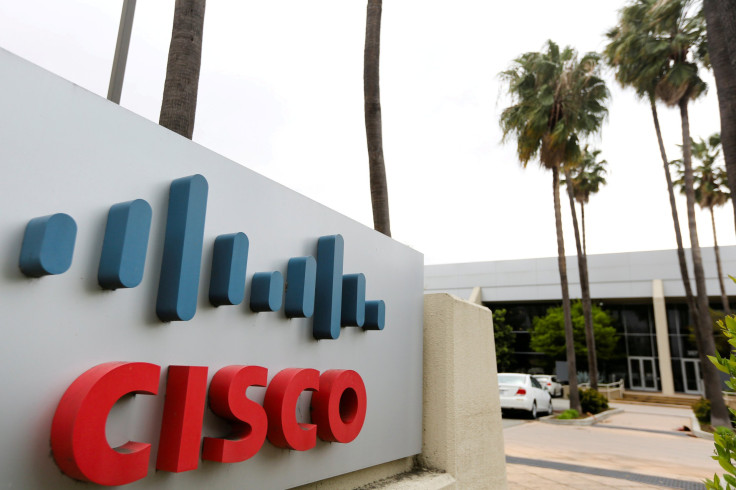Cisco Systems: Time To Buy Or Time To Sell?

Last week, Cisco Systems was on Wall Street's radar following a lackluster financial report that sent its shares on a wild roller coaster ride.
The network pioneer reported 87 cents per share earnings, slightly ahead of analysts' estimates. However, revenue came in at $12.84 billion, well below analysts' estimates.
Wall Street didn't know what to do with the company's report, selling off initially and then recovering together with the overall market. Thus far this year, Cisco shares have dropped 28%, compared to 24% for the overall market.
Management blamed supply chain disruptions from China's COVID-19 lockdowns and the Russia-Ukrainian war, but it was pleased with its financial performance.
"We continued to see solid demand for our technologies, and our business transformation is progressing well," said Chuck Robbins, chair and CEO of Cisco. "While COVID lockdowns in China and the war in Ukraine impacted our revenue in the quarter, the fundamental drivers across our business are strong, and we remain confident in the long term."
But Sankar Sharma, founder of RiskRewardReturn.com, isn't that positive about Cisco's report.
"Analysts noted that Cisco was also losing its market share to competitors," he told International Business Times. "The networking company said it generated lower quarterly revenue falling below analysts' estimates. Cisco's revenue was roughly flat year over year in the quarter that ended April 30. Cisco is another company that has been hit by supply chain issues. Cisco currently has a shortage of roughly 350 critical components, according to Cisco's financial chief."
Thus, Sharma doesn't see any significant turnaround in the company's revenues until these issues are resolved. Nonetheless, Cisco's shares may be a smart buy for long-term value investors.
First, according to Gurufocus.com's estimates, the company maintains a positive economic value added (EVA) rate in the range of 7% to 8%, meaning that Cisco's management is allocating capital effectively. It creates value as the company grows.
Second, it has a steady cash flow of around $15 billion, meaning that it can give money back to shareholders through dividend hikes and share buybacks. They can eventually place a “floor” for the company’s shares on Wall Street.
Third, there are reasonable valuations. Cisco's shares are trading at a forward PE of 12.85, not that bad for a technology company.
According to Gurufocus.com calculations, Cisco's shares are trading close to 10% below their intrinsic value of $51.19, providing investors with a margin of error if the market turns against them.
Also, Cisco's 3.33% dividend provides investors with a good source of income.
© Copyright IBTimes 2024. All rights reserved.






















